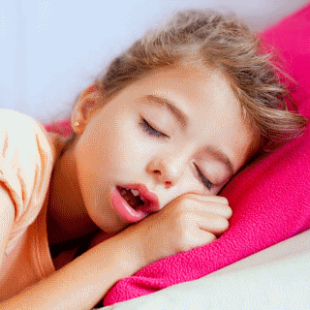 We all know that sleep is important to function properly and more cheerfully the next day. But did you know that sleep has been found to do wonders with the memory of Parkinson’s disease patients? A recent study discovered that victims of Parkinson’s disease tended to do better on a test of working memory after a night of sleep compared to subjects who got no sleep. Just as interesting was the correlation made: sleep disorders, like sleep apnea, can stand in the way of that benefit.
We all know that sleep is important to function properly and more cheerfully the next day. But did you know that sleep has been found to do wonders with the memory of Parkinson’s disease patients? A recent study discovered that victims of Parkinson’s disease tended to do better on a test of working memory after a night of sleep compared to subjects who got no sleep. Just as interesting was the correlation made: sleep disorders, like sleep apnea, can stand in the way of that benefit.
For those of you who don’t know, Parkinson’s disease usually comes with tremors and slow movements. In addition, this disease can have some nasty effects on a person’s “working memory,” which is the ability to temporarily store and manipulate information. Working memory is crucial in planning, problem solving, and living independently. We’ve already discussed how sleep is beneficial for memory. (If you missed that post, we’ve included the link below for your convenience!) This new study dealt with fifty-four participants who had Parkinson’s disease and ten who had advanced dementia.
Researchers have narrowed down what’s so great about sleep with regards to memory. Remember how we said that subjects with Parkinson’s disease performed better on a working memory test? Well, researchers have linked this performance boost with the amount of slow wave sleep that they subjects experienced at night. This is the deepest stage of sleep that is crucial for what’s call synaptic plasticity—or brain cells’ ability to reorganize themselves and make new connections.
How does this all tie into sleep apnea? Well, since sleep apnea can keep people up at night, it’s no mystery as to how this sleep disorder can interfere with the benefit sleep can have for the memory of Parkinson’s disease patients. Severe sleep apnea can lower a person’s blood oxygen levels for more than five minutes. Researchers found that the study participants who had severe sleep apnea didn’t experience any performance boost on their working memory test. While it should be noted that dopamine-enhancing medications were needed to see most performance benefits from sleep, an association between sleep and improved memory in Parkinson’s disease patients has been made.










